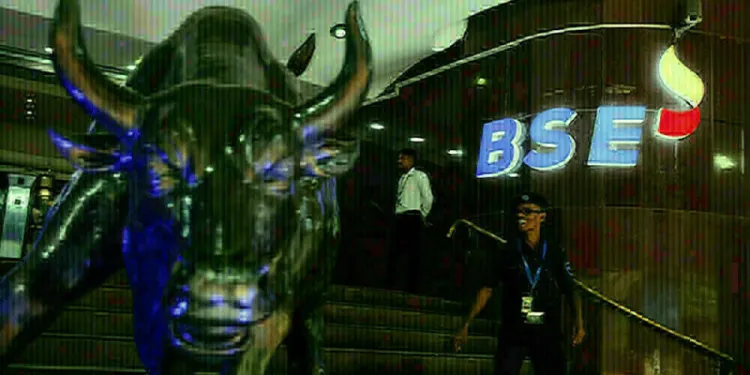The cost of tyres, gloves and condoms is set to rise following a 65 per cent jump in theprice of natural rubber in the past year.
The surge is the result of heavy rains in the main rubber-producing region of south-east Asia, which have disrupted rubber tapping.
The rubber price has tripled in two years, surpassing the record level set in 1952 when fears about the potential spread of the Korean War triggered panic buying.
That is putting pressure on manufacturers to raise prices or face lower margins. Major tyre companiesincluding Bridgestone, Michelin, Goodyear andContinental have raised prices by 5-15 per cent this year – and some businesses have announced a further round of price increases.
Continental is to put prices up by 5 per cent from the start of next year, citing “the currently very high price level for the main types of natural rubber used in the production of car tyres”.
Goodyear last week reported a loss for the third quarter in spite of its highest sales in two years, sending the shares tumbling 12 per cent in two days.
Adam Glickman of Condomania, one of the largest speciality condom retailers in the US, said the price of condoms had risen 10-20 per cent in the past year and manufacturers were warning of further increases.
The branded condom market is dominated by SSL International, the London-based company that owns the Durex brand and is being acquired by Reckitt Benckiser, as well as Church & Dwight of the US and Australian-listed Ansell.
Lim Cheong Guan, executive director of the world’s biggest rubber glove manufacturers, Malaysia’s Top Glove, said it was forced to raise prices “in order for us to sustain our business”.
The benchmark rubber price, ribbed smoked sheet 3 or RSS3, was quoted last week at $4.05 per kg in Bangkok, according to the Rubber Research Institute of Thailand, just short of the all-time high from April of $4.10 per kg.
Analysts expect prices to remain high. While supply has disappointed, demand is rebounding from the lows of the financial crisis.
Global light vehicle sales will rise 10.5 per cent this year, according to consultancy JD Power, while tyremaker Pirelli estimates demand for truck tyres has risen by more than a half in markets such as China so far this year.
Jom Jacob, senior economist at the Association of Natural Rubber Producing Countries, said he expected the tight situation in the rubber market to worsen: “The concerns over natural rubber supply are likely to persist until the end of 2011.”
Source: ft.com


























